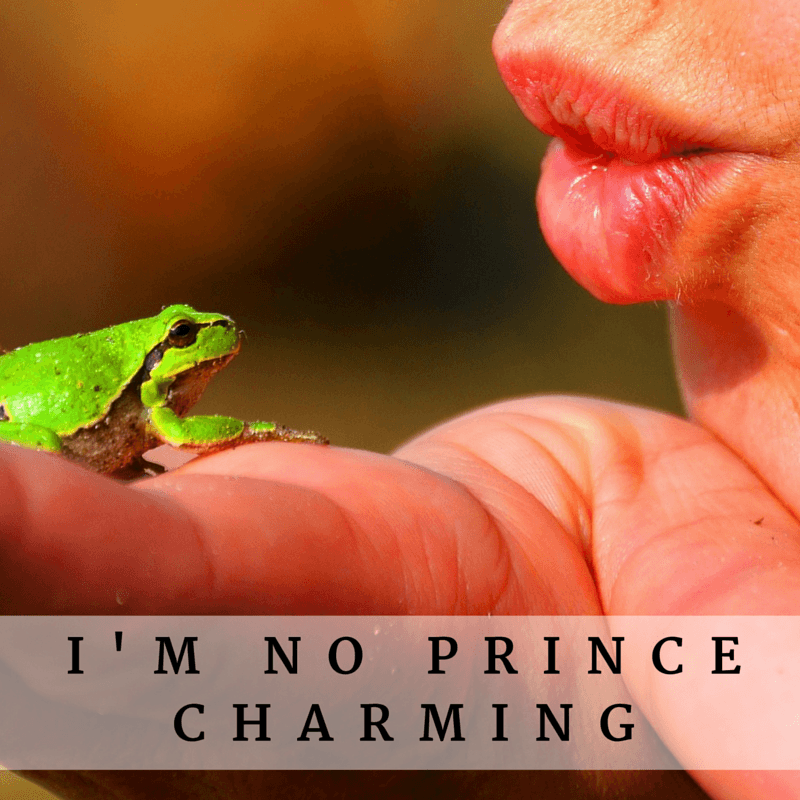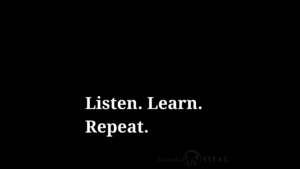
In the last few months, I have been spending a lot of time thinking and talking with others about mentoring.
When I bring up the topic, and ask people about their mentoring experiences, most are quick to point out that they have never been in a formal mentoring relationship.
In one case, I asked a group of women I meet with regularly if they have mentors. Each of them shook their head no. I asked them “what do you think I am?”
Their surprise was the beginning of what I have started to call the “Prince Charming” theory of mentoring.
Who Needs Prince Charming?
Like many that I talk to, I have never had a formal mentor. Nor have I been a formal mentor to others. Yet I have benefited from mentoring and have been a mentor to countless individuals. How can this be?
Because the best and most impactful mentoring, to my way of thinking, isn’t formal. It happens naturally. It crosses the boundaries of work and career to address the whole person.
There has been much written lately about the importance of mentors. I don’t dispute that. I dispute that a mentor needs to be Prince Charming. That somehow he (or she) needs to fit a very strict definition, be formally assigned and go by the title of “mentor.”
While mentoring programs and formal mentors can be valuable, they may not be readily available to everyone who wants one. However, there are a lot of people willing and able to help others along their journey. And many times, the parts of your journey you need help with blur the line between work and life.
Mentoring the Whole Person
Recently, I had the opportunity to catch up with one of the people I’ve helped along the way.
We met when he was in college – a real go-getter. Once he knew he wasn’t bothering me when he’d stop by with questions, he’d swing in occasionally and we’d talk. I worked full time during college, as he was, so I could relate to many of the challenges he was experiencing. The life and work decisions he had ahead were ones I had gone through as well.
He’s continued into the early stages of his career and I am still happy to play a role as he encounters new challenges. Grad school, moving in with his girlfriend…nothing was off the table. Why? Because HE – the whole person – is important to me. Not just the work part of him.
I was humbled when he came to me to talk about getting married. He was nervous. He needed someone to talk through some questions he had. Someone who’s been through it. Someone he thought would give him the straight scoop.
Why me?
Unlike his parents, I wasn’t worried about grandchildren or anything that might influence my answers in that regard. Unlike friends his age, I wouldn’t tease him about the ball and chain, or whatever it is that young men do to harass one another when a serious topic comes up.
Instead, I gave him the brutal truth – marriage is hard. Yet, I reminded him that he had been planning his life, his career and all his choices around her – WE instead of ME – for a long time. It’s a transition many struggle with – including me – that he had already figured out. He looked at me and said “this is why I wanted to talk to you.”
He has a formal mentor. Yet he chose me to share this critical life step with. We laughed when I told him “I’m no Prince Charming.” I’m the frog, far from perfect, but someone he can always come to. I don’t have to be some storybook ideal of a mentor. I just have to care.
Warts Aren’t a Bad Thing
If I can help someone in a way that makes them a better partner, friend, or person, wouldn’t that also help them be better team members and leaders? Ultimately, I would think being a better team member or leader would then lead to more success.
This may seem backwards, but when we focus on success, what kind of people do we grow? If we focus on the person, the rest tends to take care of itself.
And Prince Charming? He may be out there, but I’m not looking for him. I’m too busy learning from those around me. Warts and all.
What do you think are critical elements of successful mentoring relationships? I’d love if you would share your thoughts in the comments and keep the conversation going.








